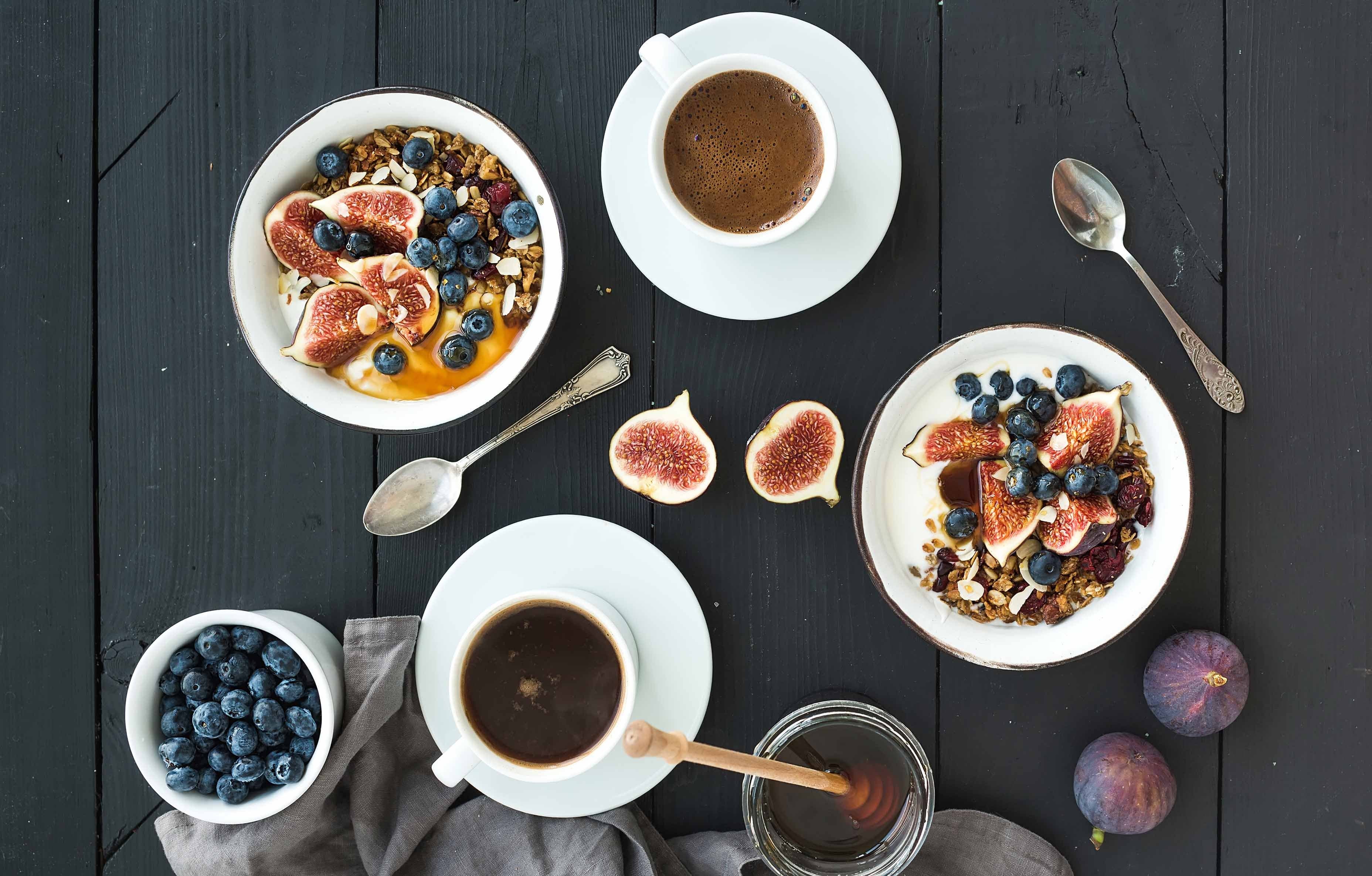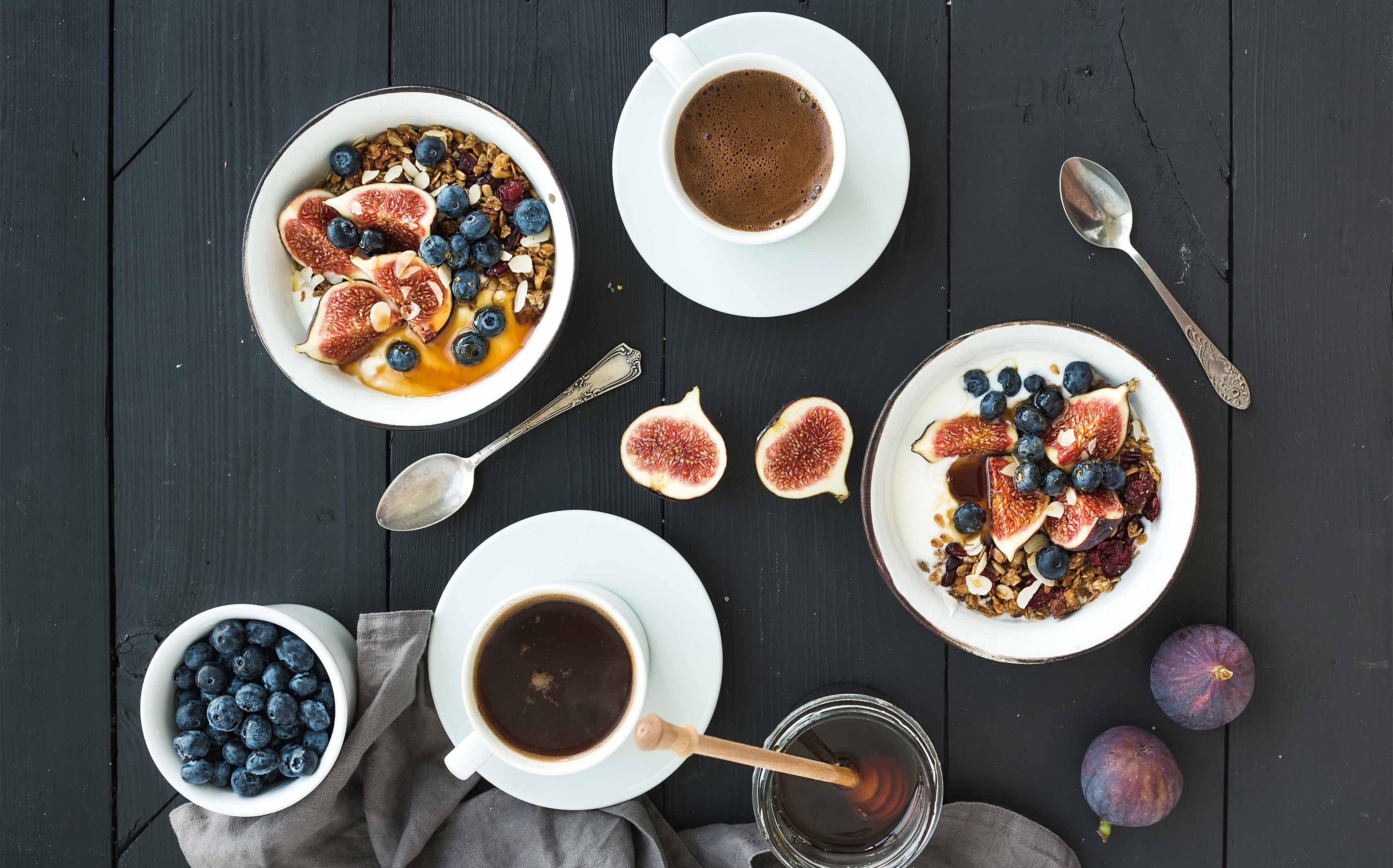Is breakfast actually the most important meal of the day?


Everyone knows that breakfast is the most important meal of the day. At least, that’s what most of us have been told our entire lives. But is skipping breakfast truly detrimental to your health? The answer, it turns out, isn’t as open and shut as you might think it is.
A brief history of breakfast
From a historical perspective, the concept of breakfast as it’s known today is a fairly new one. Prior to the 19th century and the invention of modern refrigeration, morning meals were simply leftovers from the day before. Eggs and cured meat were the first official breakfast foods as both would have been readily available and easy to prepare first thing in the morning. It was during the Industrial Revolution that rich breakfasts foods became problematic; active jobs requiring plenty of energy expenditure were replaced by automation and machinery. It was members of the Seventh-day Adventist Church who first introduced a prototype of breakfast cereals for people who lived in sanatoriums. One of these inventors was John Harvey Kellogg, who believed healthy corn-based cereals could prevent and cure what he believed to be acts of sexual impropriety. Breakfast was advertised as a meal that would carry you through your work day with a sense of clear-headed efficiency, a fairly modern viewpoint that is still touted by dietitians, physicians, and food marketers alike.
What does the science say about breakfast?
The overwhelming majority of the research conducted on breakfast supports its importance as a meal. Children and teenagers are most in need of a healthy and filling start, studies have shown that skipping breakfast can lead to poor academic achievement and difficulty with concentration and memory. For adults, the effects are slightly less dire but are still present. Skipping breakfast has been shown to increase BMI and waist circumference, contribute to a depressive state and lead to decreased nutrient absorption.
How to get in the habit of eating breakfast
Research indicates that eating breakfast is a good idea for multiple reasons, but it can be difficult to develop this habit when you don’t wake up hungry. The good news is that breakfast doesn’t have to be eaten immediately after you wake up. Waiting an hour or two, until you experience real hunger pangs, is perfectly fine. Eating late at night or living a sedentary lifestyle are both lifestyle factors which can slow down your appetite first thing in the morning. Get in the habit of drinking a big glass of water when you wake up, not only will this keep you hydrated but it will also stimulate your digestive system. People who are diabetic, who are suffering from chronic health issues or individuals who are extremely active should make breakfast a priority every morning. Reconsidering what you think of as breakfast food is also helpful; there are no rules stating that breakfast must consist of cereal, eggs, toast, etc. Despite what convention dictates, a leftover slice of veggie pizza, a bowl of soup, a sandwich, or even a big breakfast salad with a side of protein are completely legitimate options first thing in the morning.
